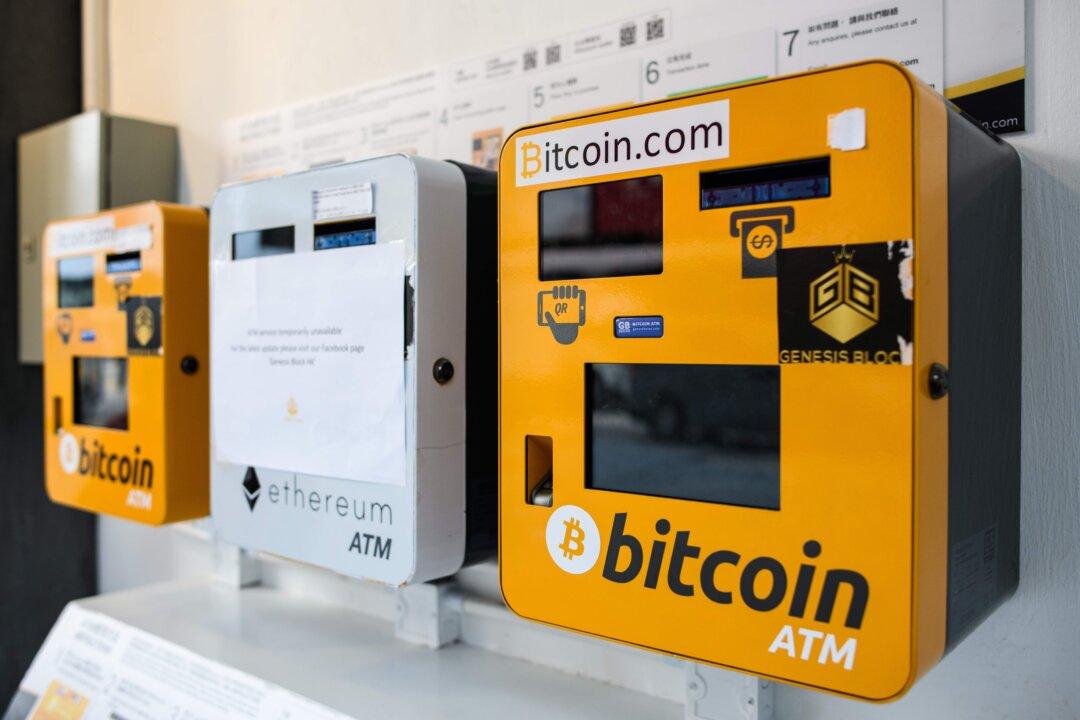Shortly after Chinese vice premier Liu He stressed the crackdown on Bitcoin mining and trading in May, the provinces of Inner Mongolia, Qinghai, Sichuan, and others began closing off cryptocurrency markets one by one. The authorities also summoned executives from Chinese financial institutions, including many banks and Alipay, instructing them to implement tough regulations. Cryptocurrency miners in China had to bid farewell to an era that is officially coming to a close.
On June 21, China Central Bank issued a statement saying that in order to implement the spirit of the 51st Meeting of the Financial Committee of the State Council and combat the speculation in Bitcoin and other virtual currencies, the Central Bank met with ICBC, the Agricultural Bank of China, China Construction Bank, Postal Savings Bank of China, Industrial Bank and institutions such as Alipay. Strict implementation of regulatory requirements such as the “Notice on Preventing Bitcoin Risks” (2013) and the “Announcement on Preventing Token Issuance Financing Risks” (2017) is now mandatory and financial institutions must not provide products or services for related activities.





